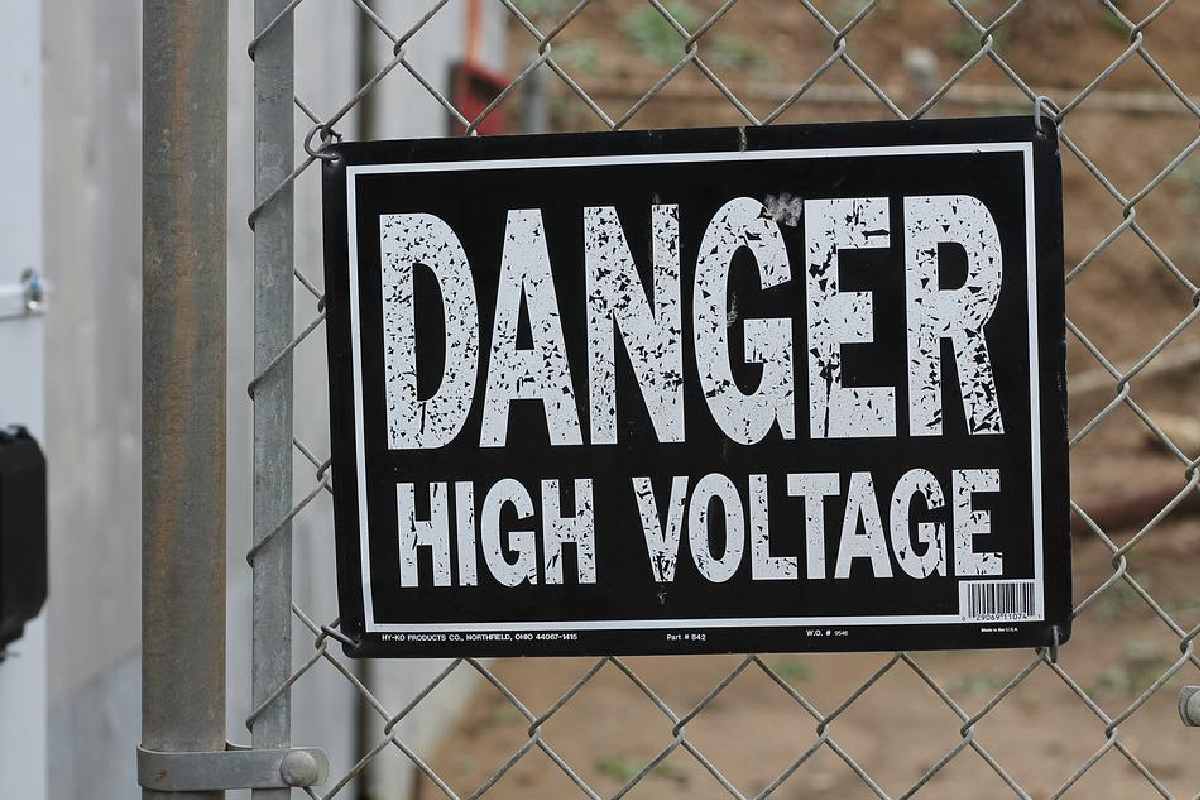6 Electrical Safety Tips for the Workplace

Electricity is an excellent source of energy and powers all the parts necessary for your business to run. It powers workplace telephones, photocopiers and printers, machinery, computers, and lighting. However, when improperly used or maintained, electrical systems can be hazardous and result in burns, falls, electric shock, and even death, so it is crucial to uphold electrical safety-related practices to keep you and your staff safe. Read on for six electrical safety tips to help prevent workplace electrical hazards.
Table of Contents
1. Understand the switchboard
Switchboards are electrical safety devices that isolate and protect the operators from electrical currents. They control electricity flow by metering, dividing, and distributing electric power to various devices and parts. You should always ensure that the amount of electrical power the switchboard distributes is the same as the energy entering the unit. This does not only boost performance. It also prevents overheating, which could lead to fires, compromising workplace safety.
2. Avoid DIY projects
It can be tempting to handle electrical repairs and installations in-house to save the cost of hiring a professional electrician. However, this could result in severe repercussions, so always hire an expert, especially when you notice a live electrical wire. Professional electricians have the relevant training to fix issues with your electric systems without causing further damage.
During installation, it can be challenging to determine which type of electricity is right for your company. An expert electrician can assess the company’s devices and install the correct type of electricity suitable for your needs. You may also check out this high voltage vs low voltage to determine which is right for your applications.
3. Use Tagout and Lockout and de-energize equipment
Be sure to de-energize exposed, live electrical wires before working on the parts or near them. Lock out or tag out electrical components or devices according to your workplace’s Tagout and Lockout policy to isolate electric energy and prevent accidents.
4. Keep electrical equipment from contacting wet areas
Ensure that electricity sources and equipment are kept at least five feet away from water and liquids. You should also be keen when choosing your cleaning materials. Metalized cloths, steel wool, and water-based and solvent cleaning materials conduct electricity, so you should keep them away from live electric wires and equipment.
Be sure to invest in Ground Fault Circuit Interrupters (GFCIs) to combat electrical hazards such as fires, ground fault, electrical shock, damage to wire insulation, and overheating.
5. Add physical barriers around electrical hazards
One of the most effective ways to protect your employees against electrical hazards is by installing proper physical barriers. Encourage your staff to close cabinet doors on electric panels. You should also ensure that the electric panels do not have holes where your employees could get into contact with an exposed wire. Use insulating materials, barriers, or shields in case an electrical hazard cannot be contained or the cabinets can’t be closed. Be sure also to put up signs to warn your staff of an electrical hazard or to prevent them from accessing an area where a professional is performing electricity repairs or maintenance.
6. Do not cover warm equipment
Some appliances, including portable heaters, copy machines, and computers, often generate heat when in use. To prevent fires, you should always turn them off and allow the devices to cool off when overheated.
Endnote
Electricity is essential for the smooth running of your business operations, but it can be dangerous. Ensure that you keep electrical equipment away from wet areas, understand your switchboard, add proper physical barriers around hazards and leave the electrical work to qualified personnel. Invest in the correct type of electricity and employee safety training to protect your workplace against electrical hazards.
